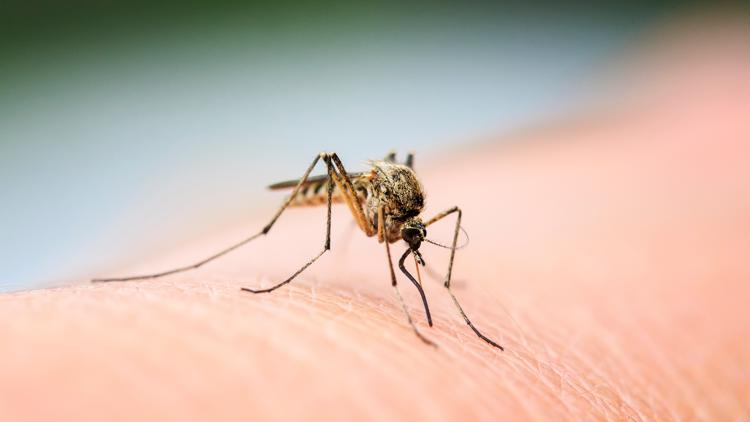Health expert explains what CDC’s new COVID-19 vaccine recommendations mean for you
The Centers for Disease Control and Prevention
has revised
its COVID-19 vaccine recommendations for healthy children and pregnant women, potentially affecting vaccine accessibility and insurance coverage. This change comes as a new variant originating in China spreads across California and the United States.
Robert F. Kennedy Jr., Health and Human Services Director, announced last week, “As of today, the COVID vaccine for healthy children and healthy pregnant women has been removed from the CDC recommended immunization schedule.”
The CDC’s website
now states that healthy children “may” get the vaccine, rather than recommending it outright. For pregnant women, the vaccine is listed as having no guidance or not applicable.
Dr. Sogol Ash, a functional medicine specialist, explained the potential impact on insurance coverage.
“During the pandemic, it was much easier to get vaccinated and have it covered or get treatment for COVID, like Paxlovid, things like that, when it’s recommended. But when something’s not recommended, then we kind of go into a different category, where people might be having to pay cash for things like a vaccine or certain labs or certain medications when the insurances are not required to cover them,” said Ash.
Under the Affordable Care Act, providers are required to cover vaccines recommended by the CDC. However, insurance companies have not yet announced any changes to their coverage policies in response to the new recommendations. Some experts say it may still be more cost-effective for companies to pay for the vaccine, versus paying for severe illnesses that might result from being unvaccinated.
It’s important to note that the CDC still broadly recommends COVID-19 vaccines for moderately or severely immunocompromised children and most adults, including pregnant women who are immunocompromised.
Regarding vaccine availability, CVS, the nation’s largest pharmacy chain, confirmed that they still have the vaccine in stock. However, experts are unsure if the changes will affect overall vaccine accessibility in the long term.
As for the new variant spreading from China, Ash reassured that symptoms are similar to prior variants.
“The current vaccines, especially the ones that target, you know, the Omicron subvariants, are expected to protect against the severe outcomes from this new strain,” Ash said.
The situation remains fluid, and health officials advise the public to stay informed about the latest recommendations and consult with their healthcare providers for personalized advice.





